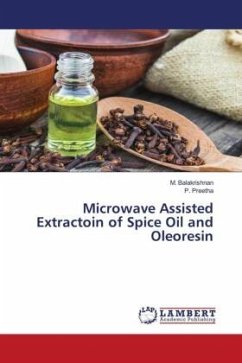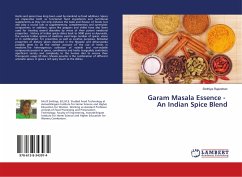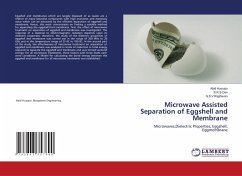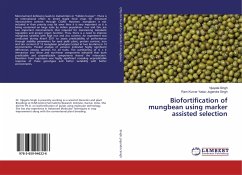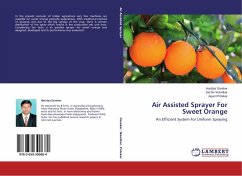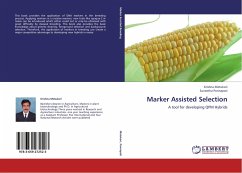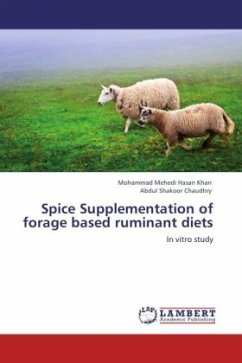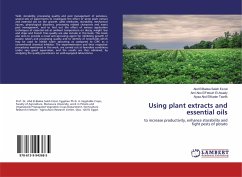Microwave assisted extraction (MAE) is a conventional technique for the extraction of active components from medicinal plants, using microwave energy with frequency range from 300 MHz to 300 GHz to heat solvents containing samples, thereby partitioning analytes from a sample matrix into the solvent. The transfer of energy in MAE occurs via the mechanisms of ionic conduction and dipole rotation that may occur simultaneously. The mechanism of ionic conduction relates to the migration of ions through a solution, causing a homogeneous heat in the media due to the resistance of the solvent to the ionic migration when applying electromagnetic waves. Dipole rotation makes reference to the reorientation of the molecules in the direction of the electric field, causing thermal agitation once the electromagnetic waves are removed due to the agitation of the molecules that go back to a disordered state. The moisture content of the sample matrix is the main target of microwave heating during MAE. As the water evaporates, the intracellular pressure increases, breaking the cell walls and increasing the leaching of high-value compounds.

